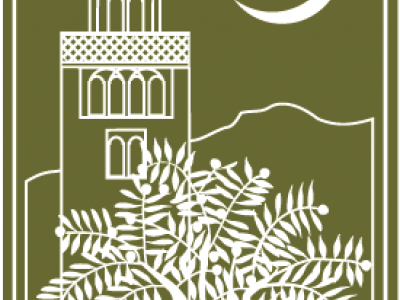
Interfaith & Interreligious Dialogue
Hartford Seminary, Zaytuna College Renew Accelerated Program AgreementOctober 8, 2021
Hartford Seminary and Zaytuna College are pleased to announce the renewal of an agreement for an accelerated BA/MA Program offering Islamic Studies.

Student News
Peacebuilding Students ArriveOctober 8, 2021
Nine students in the inaugural cohort of Hartford Seminary’s MA in International Peacebuilding arrived on campus in August. The center’s founder and executive director, Victoria Christgau, gave the students an overview of the center’s work.
7:00 pm
Religious Communities and the Planetary CrisisThe Interreligious Eco-Justice Network and Hartford Seminary are proud to bring you the second webinar in our collaborative series, Many Faiths, One Creation. Religious Communities and the Planetary Crisis will examine the response of faith communities to the climate crisis
Join our mailing list
Keep up with all the latest happenings at Hartford International.

